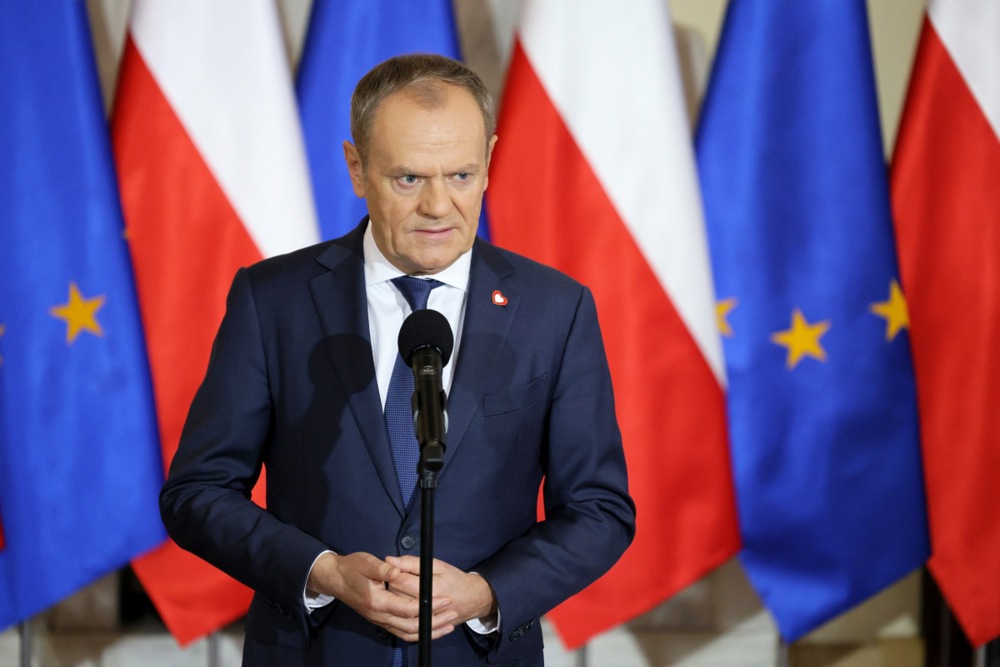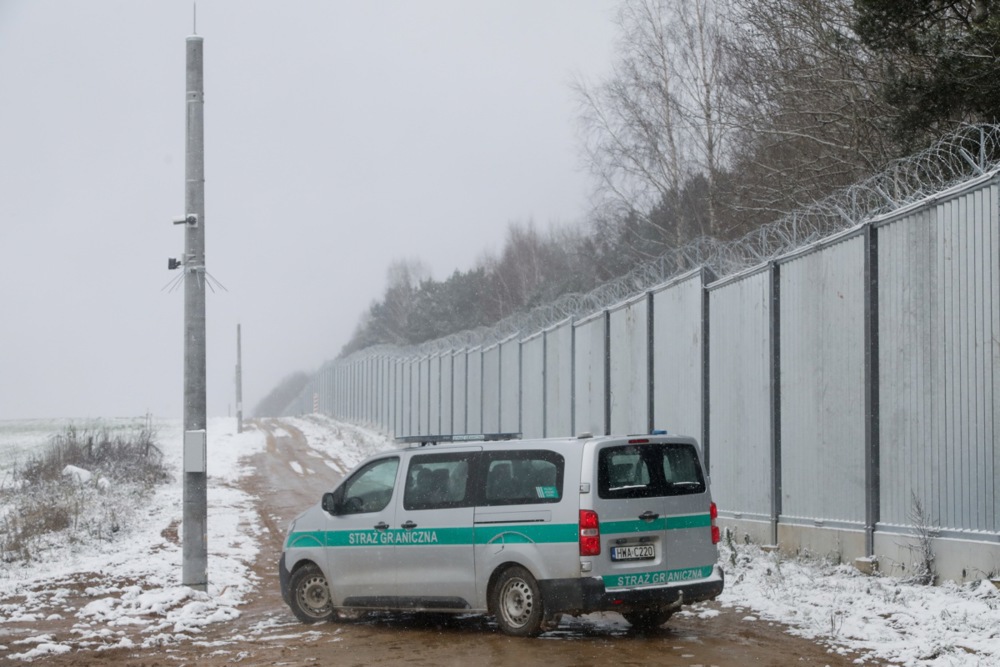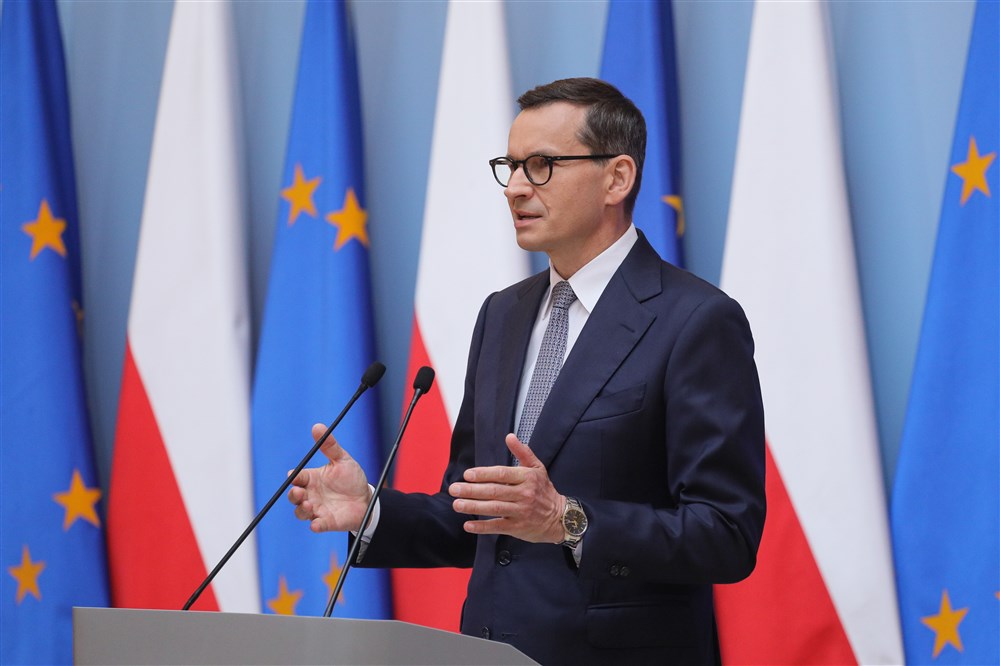Donald Tusk’s government will seek an exemption from the EU’s planned migration pact for asylum seekers, arguing Poland faces a unique situation on its borders with Belarus and Ukraine.
“Poland will fight to be exempt from relocation mechanisms,” said interior minister Marcin Kierwiński in Brussels March 4.
“The situation on the Polish-Belarusian border is so unique that any solutions in the migration pact should take that specificity into account,” he argued.
Poland has already registered 1.7 million Ukrainian refugees since the start of the war, according to the UN refugee agency.
“Poland accepted war refugees; we are the country that helps Ukraine the most. And we hope that we will be treated very individually in this respect,” Kierwiński said.
The migration pact, though,“does not take into account the uniqueness of Poland in terms of being a border country with a country where there is a war going on,” he said.
Since mid-2021, Poland has faced a crisis at its border with Belarus, where tens of thousands of migrants and asylum seekers – mainly from the Middle East, Asia and Africa – have tried to cross with help from Belarusian authorities.
Poland was also the primary destination for refugees fleeing Ukraine after Russia’s 2022 invasion, with millions crossing its border and around one million still remaining in the country today.
If the pact does go into force, though, the Polish government would meet any obligations it has to implement it, said Kierwiński.
This mirrored the stance taken by the Czech Republic: opposing the migration pact in principle but permitting it to go ahead as long as there was an ability for member states to seek derogations.
The interior minister criticised the previous Conservative (PiS) government for failing in negotiations over the migration pact, saying “it is a pity the previous government did not take care of these conditions”.
The previous PiS administration consistently opposed all relocation measures during its period in office arguing, it would be wrong for the European Commission to have discretionary power on whether to allow derogations for individual member states. It argued for a system where any relocation was purely voluntary.
Last year, when the PiS government opposed the pact’s proposed relocation mechanism, EU’s home affairs commissioner Ylva Johansson said the system would take into account Poland’s circumstances.
“Countries that are under such pressure, as Poland is now, will benefit from” the pact, she said, by support from other member states.
PiS and Hungary’s Orban government felt any acceptance of the EU migration pact sooner or later would result in compulsory relocations, with fines for member states that refused to accept relocated migrants.
The pact’s proponents argue that it will introduce more effective checks on migrants and a faster system for returning failed asylum seekers to their countries of origin.
The policy also requires member states to show “solidarity” with countries on the frontline of migration, through financial support or by accepting some relocated asylum seekers.
In early January, PM Donald Tusk made clear his opposition to those provisions in the pact, promising Poland “will not accept a single migrant” under the scheme.
The following month, Poland’s EU ambassador opposed the pact in the European Council, but it was approved by a majority of member states.
In order to go into force, the pact now must be approved by the European Parliament, which is expected to take place in March or April. The policy’s relocation elements will not be implemented for another two years.





